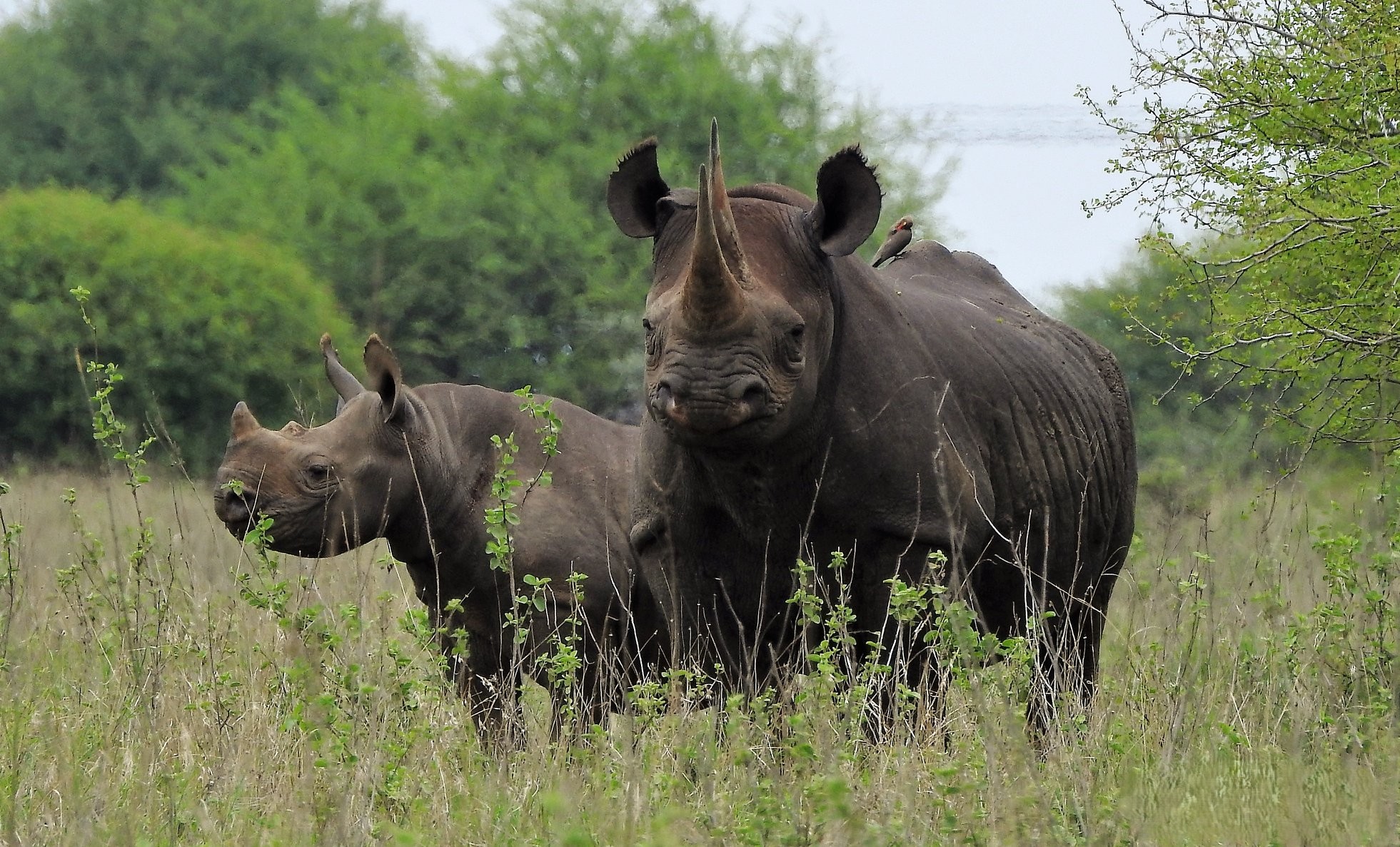
Govt Unveils Tech-Driven Compensation Plan to Tackle Human-Wildlife Conflict » Capital News
NAIROBI, Kenya, May 7 – The government has unveiled a new digital compensation model designed to ease the burden of human-wildlife conflict on affected communities by streamlining payments, enhancing transparency, and accelerating claim resolution.
Tourism and Wildlife Cabinet Secretary Rebecca Miano said the system, already piloted in six counties, leverages real-time data collection, digital verification, and mobile money platforms like M-Pesa to facilitate quicker disbursement — especially for claims below Sh100,000.
“This marks a new era in compensating communities affected by wildlife. It’s a model rooted in transparency, equity, and powered by technology,” Miano said, emphasising the need for timely information and clear communication with the public.
So far, Sh10 million has been disbursed, with 804 pending claims worth Sh29.5 million awaiting payment. To support decentralised justice, County Wildlife Compensation Committees (CWCCs) have also been revived, enabling more responsive engagement with local communities.
The Ministry is set to roll out a countrywide compensation drive, with the main event scheduled for May 26 in Meru County.
In 2024, 7,883 human-wildlife conflict cases were reported — crop destruction leading, followed by livestock predation. Taita Taveta recorded the highest number of cases, trailed by Laikipia, Kajiado, Meru, and Marsabit.
Between 2022 and 2024, elephants were responsible for 17,917 incidents, including 7,556 crop damage cases, 149 injuries, and 121 deaths. Hyenas were cited in over 3,100 cases, primarily due to livestock attacks.
The Wildlife Conservation and Management Act (2013) provides for compensation, including Sh5 million for human death and Sh3 million for permanent disability, alongside market-rate payments for crop and livestock losses.
Since 2018, the government has paid out Sh4.8 billion in claims — Sh2.8 billion under the current administration. However, a backlog of 20,000 claims worth Sh1.36 billion still awaits resolution.
“We believe true progress in conservation lies in empowering communities and ensuring fairness,” Miano said.